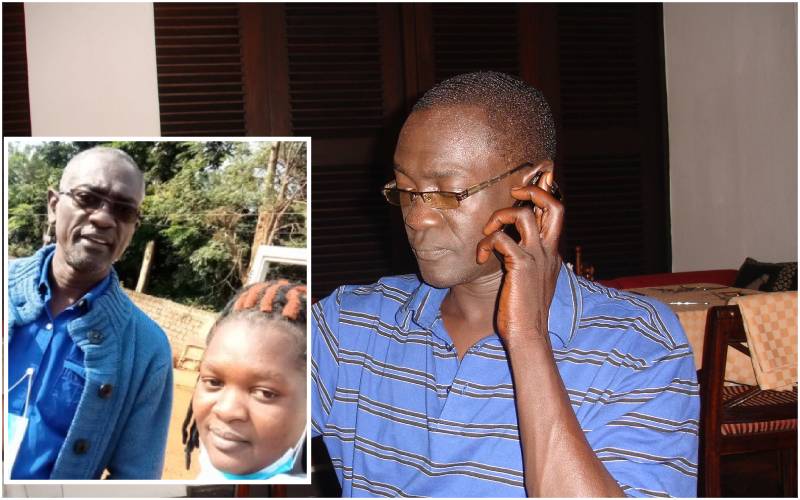×
The Standard e-Paper
Truth Without Fear

Inset, Clay Muganda and his daughter the day met. He last saw her 21 years ago. [Courtesy]
I have four children. Some people who have known me for long think I have only two sons because I used to write about them.